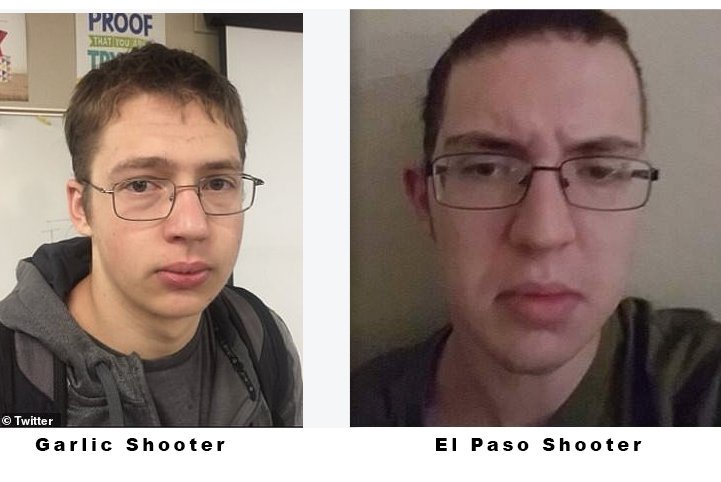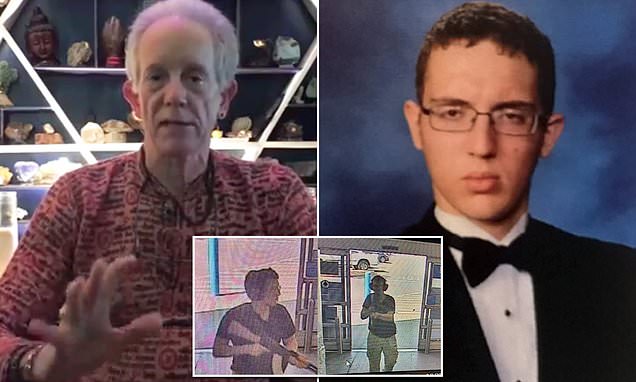For sure. I just try to avoid letting weight morph into certainty. Even if 9 times out of 10 an event will fit a certain type, that doesn't mean the we can say anything with certainty about the next one. And fracture points can be exacerbated by individuals falling for propaganda and directed by sinister influences, whether direct (e.g. a handler) or indirect (e.g. ideology), or even hyperdimensional. We can weight the probabilities based on past examples and patterns, and whatever direction the evidence seems to point, but there will always be an element of uncertainty.Sure, but the context here is important, not to mention the history of similar shootings and attacks. The context is the continued demonization of "Trump supporters" and the exacerbation of the fracture points in American society. In that context, reports of multiple shooters have more weight.
I'm reading this CHAOS book on Manson and the CIA right now, and it leaves me with the same thought I have whenever I read any in-depth treatment of a crime, even a relatively 'simple' murder case: just how complex events like this are, how contradictory the evidence can be, how hard it is to say very much with absolute certainty, and just how much research it takes just to be able to formulate a good hypothesis that takes into account the majority of the evidence.
I thought you put it really well in the Moon Landing thread:

Moon Landings: Did They Happen or Not?
To summarize; the claim that one light source (aka. the sun) can not produce all the effects that can be seen in the moon pictures/videos has been completely disproven. Both the angle issue of the shadows and the overlapping of shadows are completely natural phenomena that one light source...
People have a strong and personal attachment to their ideas, theories, beliefs because they provide a certain amount of stability and certainty in the face of a complex and nuanced world where the truth is often not simple and not finite. Faced with this complexity and the unknown, most people adopt certain world views and then hold on to them like their sanity depended on it, and in a sense it may well do. So it's not surprising that some people are very identified with beliefs as we're seeing here. Such strong attachment to beliefs IS a problem though in the scenario where those beliefs are suddenly and unequivocally exposed as entirely false.
So training yourself to be open to doubting your own theories and beliefs and to be able to change them when new data comes in, and to always keep in mind that you undoubtedly don't have the whole story, is a very good way to not only increase your own thinking abilities and knowledge, but to hedge your bets against having your sacred cows unceremoniously thrown to the ground, which can be quite traumatic, depending on the circumstances.









 . There's one potential fallacy that you missed however, which is the fallacy of relying too much on your judicious and accurate assessment that things are very complicated and it is very difficult to formulate a good hypothesis. Relying too much on that truth can make us conclude that things are always that way and no good hypothesis can be formulated.
. There's one potential fallacy that you missed however, which is the fallacy of relying too much on your judicious and accurate assessment that things are very complicated and it is very difficult to formulate a good hypothesis. Relying too much on that truth can make us conclude that things are always that way and no good hypothesis can be formulated.



